|
|
||
|
Pro Tools
FILMFESTIVALS | 24/7 world wide coverageWelcome ! Enjoy the best of both worlds: Film & Festival News, exploring the best of the film festivals community. Launched in 1995, relentlessly connecting films to festivals, documenting and promoting festivals worldwide. Working on an upgrade soon. For collaboration, editorial contributions, or publicity, please send us an email here. User login |
In Retrospect... From RIFF 2010 to MIPCOM 2011In Retrospect... From RIFF 2010 to MIPCOM 2011... Last year the film at RIFF 2010 which stirred up quite a debate was this documentary, WHEN THE DRAGON SWALLOWED THE SUN (2010), which threatened to destabilize the friendly relationship between China and Iceland (the film is about China's oppressive hold over Tibet). Now one year later the film is being sold at the world's biggest TV market, MIPCOM, at Cannes; October 03-06, 2011.
Interview with director Dirk Simon from last year's RIFF 2010... During this closing weekend of the International Reykjavik Film Festival, the most talked about film at the festival will be shown in sold out theaters, the documentary When the Dragon Swallowed the Sun (2010) by director Dirk Simon. When the Dragon Swallowed the Sun is the new controversial film about China's ongoing occupation of Tibet. Over the past seven years, Dirk Simon shot 800 hours of film between India, Beijing and Tibet depicting the seemingly never ending contention between the two nations. In our following interview, Dirk speaks at length about his experience shooting this incredible feat, the story of a fiery debate that spans over sixty years of history depicted as sheer visual filmic poetry and accompanied by an award winning score by composer Phillip Glass. While this film is a humanitarian documentary portraying people from both nations and their passionate feelings about the situation on either side, it has stirred retaliation from the Chinese government. The Reykjavik festival director, Hrönn Marinósdóttir, was urged and threatened by the Chinese embassy to pull the film out of the festival. However, as evidence to the sold out ticket sales and scheduled screen times for this weekend the highly anticipated show will undoubtedly go on.
ME: Hi Dirk...Thank you for taking time out to speak with us about your film while you are traveling in Singapore! Maybe we can first start with a few words about how you got into documentary filmmaking.
DIRK: I had studied first acting, then directing at an Academy of Performing Arts in Germany where I got my MFA. Then, well, a few years back, I quit my job in Germany and started backpacking around the world during which time I traveled, filmed and photographed. That's how I ended up in the States. It was my last stop before returning to Germany.
ME: So, did you start When Dragon Swallowed the Sun as soon as you left Germany?
DIRK: Almost. I actually made another film in the meantime. I also taught at the University of Colorado in Denver and did several theater shows, being in charge of the concepts how to include video.
ME: How did you set out making this film and how did you manage to find a cohesive story amidst 800 hours of footage and 60 years of history which essentially actually spans back to more than 1400 years of history?
DIRK: The story changed tremendously throughout the process. The major twist happened in spring/summer 2008 when it dawned on me that the biggest opportunity ever given to the movement was the Olympics in Beijing, which would likely become the largest missed opportunity...The greatest failure and just the high point of a 20 year disaster within the Tibetan freedom movement. It started as a film about the unbroken lineage of the Great Religious Kings of Tibet, an unbroken lineage 1400 years old.
ME: Incredible! Unbroken even after the Chinese had invaded in 1950?
DIRK: Well, yes, it is a bit tricky. The lineage is a blood line. The 17th descendant of Songtsen Gampo [http://en.wikipedia.org/wiki/Songts%C3%A4n_Gampo] was a man in his thirties when the Chinese invaded.
ME: Okay, so just to explain to readers: Songtsän Gampo lived in the beginning of 600 CE and is believed to have brought Buddhism to the Tibetan people and had the temples of Jokhang and Lhasa built. So, can you tell us what happened to the descendant?
DIRK: He was eventually arrested and put away for 20 years. His wife and sons died. In the 80s he managed to get to India. He was released after 20 years in prison. The Dalai Lama asked him to become a member of the government in exile. I had just started to work on that idea. We got in touch with him and he liked my approach of using his biography as a metaphor of what has happened to the Tibetan people and nation.
ME: So you started the film on this story and then what happened?
DIRK: And then...sadly, he died. I had reached out to him. He agreed, and then three months later he passed away...
ME: omg! Terrible! So, what did you do then?
DIRK: I was working on another film anyway. And I did not know what to do so I let it rest while still staying in touch with the family. They said they would support me in any possible way if I wanted to continue.
ME: What year did you start the film?
DIRK: In 2003. Then, in 2004, I got invited on short notice to the only son's "coronation" in the residence of the Dalai Lama.
ME: What an amazing experience! And I'm sure film footage of that is in the film?
DIRK: Briefly, yes. Looking at this 12 year old boy (in 2004) I realized I could not make a film about the history and past of Tibet without asking at least what the future might look like. I learned more about the divisions- violence versus non-violence, independence versus autonomy. The story expanded, grew bigger and bigger and more complicated... confusing sometimes, but with no idea how to bring structure into it.
ME: yeah. I'm sure. To stick with your theme must have been a challenge.
DIRK: Exactly. How to connect the dots...
ME: So, for readers... Can you explain what do the ‘Dragon' and the ‘Sun' mean?
DIRK: Anyway, to shorten it a bit sure. In the ancient Chinese belief, an eclipse appears when a dragon swallows the sun. It's a bad omen. Darkness. There are several references. China swallowed Tibet. The Dalai Lama is referred to as the sun in Buddhist belief. Mao-Tse-Tung was communist and said "religion is poison". They have been trying to eradicate it in Tibet from the beginning or at least once they dropped their mask. It was the time of the communist revolution also to get control over the Tibetans. So, that's where the image of the dragon swallowing the sun comes from, actually from Chinese mythology.
ME: Interesting that you use a Chinese myth to tell their story. Why do you suppose after over sixty years the Chinese still occupy Tibet?
DIRK: From a military point of view, Tibet has strategically always been very important but was never taken. Tibet was as big as Western Europe with lots of resources.
ME: Ah yes. So, how did you find a way to stick to this theme with all the information you had available to you, which evidently was tons!?
ME: Well, it became a film about the past, present and future using the countdown to the Beijing Olympics, the last six months leading up to it as the frame story. The boy, the descendant of Songtsän Gampo, represents like no other the story and the conflict representing the past through his heritage (his forefathers founded Tibetan Buddhism!) the young generation, because he is only 18 and the struggle to find a solution, an answer.
ME: And does your film offer a solution?
DIRK: The film does not offer a solution. It is (in my opinion) the only film that tells us the truth about the status quo at this point. I think it became the most honest (and complex) film on the issue of course, it is still only the tip of the iceberg.
ME: And you have legendary composer Philip Glass making the music!
DIRK: Yes, we used a bit of the Kundun music. Philip wrote the musical main theme to ‘When The Dragon Swallowed the Sun' very contemporary, as I asked him to
ME: I'm sure. And the film took seven years to complete!
DIRK: My first cut was three hours long then we needed to bring it down closer to 120 minutes. We spent 15 months in post production. We were still filming at this point.
ME: Well, luckily, you can tweak film and speed up images to show more footage in less time, as I see you have done which even adds to the effect of the stunning cinematography. Seven years is a long chunk of time for making a film. I am sure it has and will continue to change your life!
DIRK: Well, let's see. ;) It has certainly changed my life and my perspective already, but in a way, the world has also grown tired of the Tibet story even though this film is different.
ME: But no one has seen the story the way you have told it, and the audience of sold out theaters in Reykjavik would beg to differ I'm sure ;-). From what I gather this is not just another 'Tibet story'.
DIRK: This China protest brought some brief attention, but I am afraid it won't last long. We have some Chinese artists that speak about humanity, peace and compassion, about the propaganda in their own country. But I have also grown realistic in a sense of what to expect from people and from the media. I even doubt that the Chinese have seen it but of course they have to protest. Ooh, wait, just got a message from Iceland...
ME: And?
DIRK: That the story was really big, that all the screenings were sold out and they will show it a fifth time at the end of the Fest, when they show the most popular films.
ME: Congrats! Wow! You see, you should be there in Reykjavik right now to see this.
DIRK: Thanks. I was actually scheduled to go ...
ME: So, is this the first festival it has run in?
DIRK: We played in Greece and Brazil (Sao Paulo and Rio), and is scheduled for Taiwan TIDF. I think in Iceland, we are nominated for the Human Rights Award and in Taiwan we are in competition.
ME: Awesome Dirk. I wish you the best on your film in festival circuits around the world. I am sure this is only the beginning of the news we will be hearing about it. And let this interview only conclude ‘Round 1' of our two-part interview...So, everyone, stay tuned for a second interview with Dirk Simon on his film ‘When the Dragon Swallowed the Sun' once it has completed post production and after more weeks of news from its festival reception. Until then, we wish you the best of luck, Dirk. You're a visionary documentarian uniting divided worlds and, as the case may be in Iceland, uniting and dividing divided and united ones. lol. Here! Here! Give us more! :-)
read Reykjavik press release here: http://www.fest21.com/en/blog/vanessa_mcmahon/dragon_swallows_at_reykjavik
FILM TRAILER and more information, visit:
Interview by Vanessa McMahon on Oct 1, 2010 06.10.2011 | Reykjavik International Film Festival's blog Cat. : Asia Beijing Cannes Cannes Chinese embassy Chinese government Colorado composer Contact Details Dalai Lama Director Dirk Simon Entertainment Entertainment Geography of Tibet Germany Greece Hrönn Marinósdóttir http://en.wikipedia.org/wiki/Songts%C3%A4n_Gampo http://www.fest21.com/en/blog/vanessa_mcmahon/dragon_swallows_at_reykjavik http://www.whenthedragon.com Iceland In Retrospect... From RIFF 2010 to MIPCOM 2011 India Lamas Lhasa Major Person Career Philip Glass Phillip Glass Reykjavik Rio Sao Paulo Singapore Songtsän Gampo Songtsän Gampo Taiwan the International Reykjavik Film Festival the Sun Tibet Tibet University of Colorado University of Colorado in Denver Vanessa McMahon Western Europe Interviews
|
LinksThe Bulletin Board > The Bulletin Board Blog Following News Interview with IFTA Chairman (AFM)
Interview with Cannes Marche du Film Director
Filmfestivals.com dailies live coverage from > Live from India
Useful links for the indies: > Big files transfer
+ SUBSCRIBE to the weekly Newsletter Deals+ Special offers and discounts from filmfestivals.com Selected fun offers
> Bonus Casino
User imagesAbout Reykjavik International Film FestivalThe EditorUser contributions |



















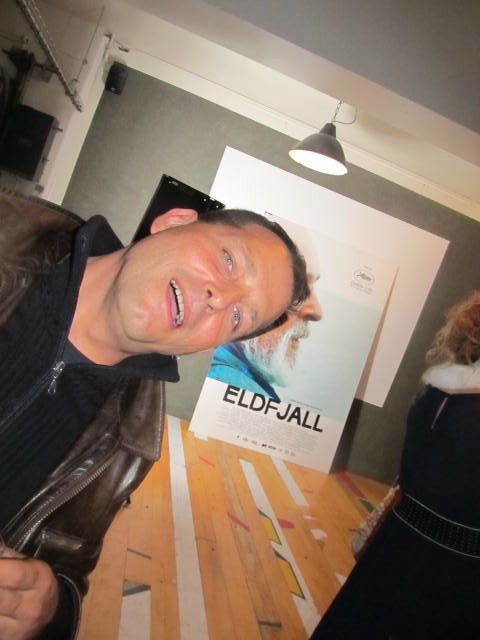
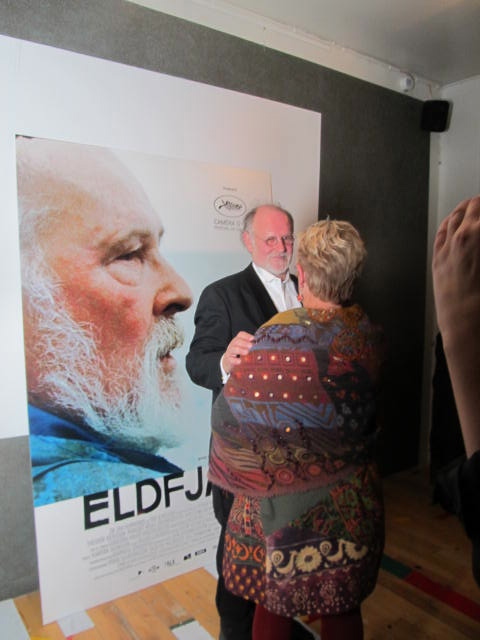
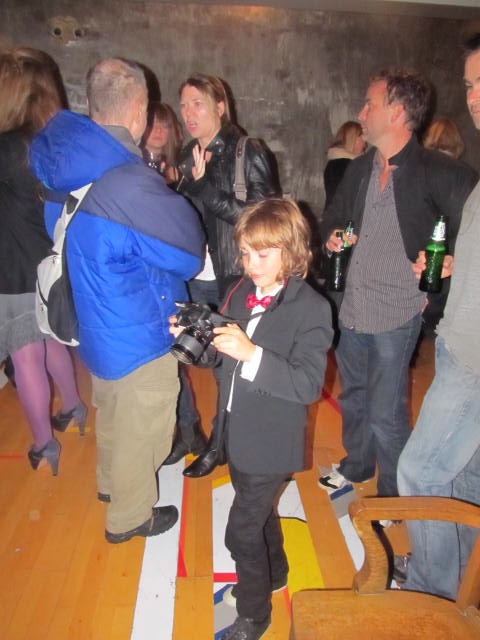
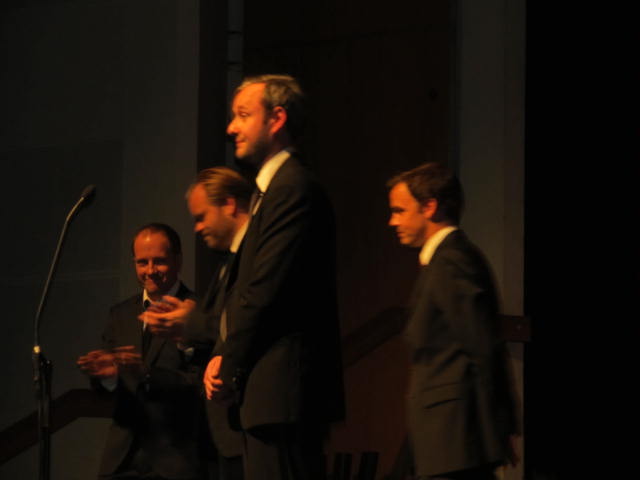
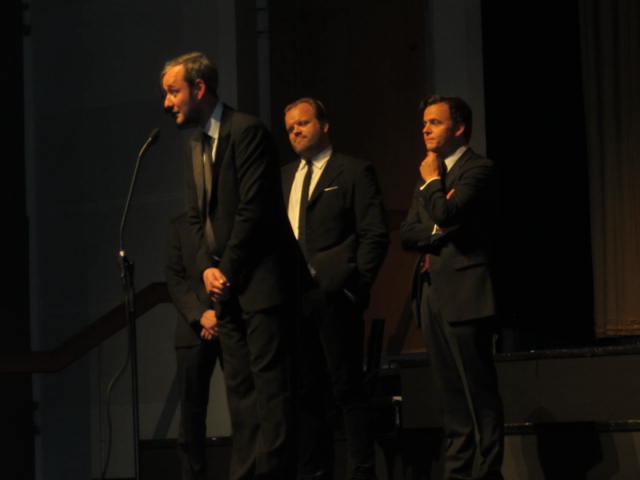
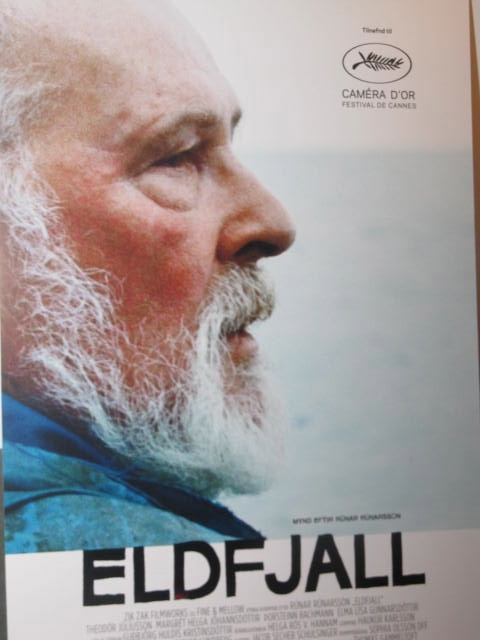
 Marinósdóttir Hrönn
Marinósdóttir Hrönn 


